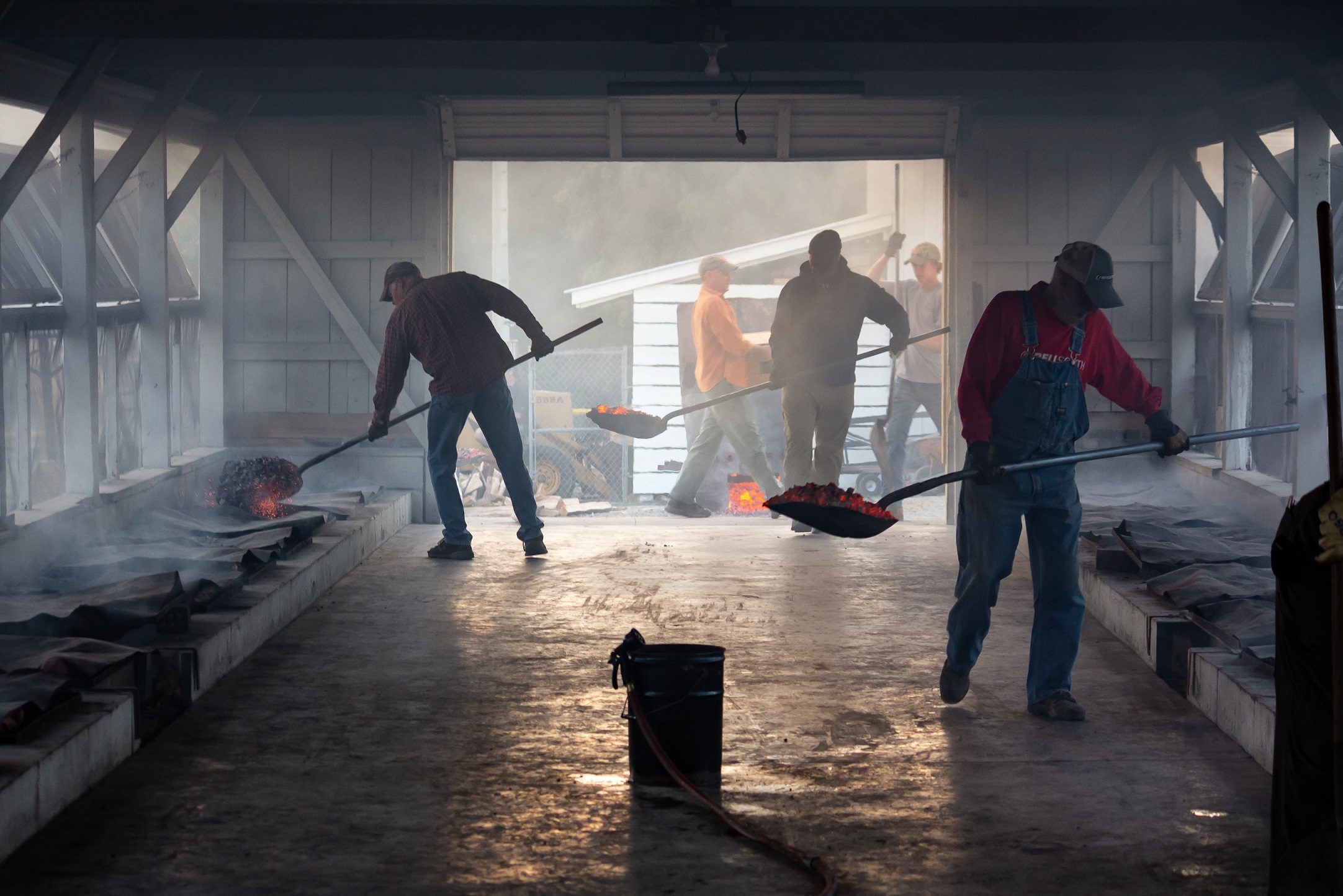Isaiah 57
To me, one of the most wonderful things about God is that He isn’t a snob. No matter who we are, no matter where we’ve come from, no matter what we’ve done, when God looks at us, He sees one of His precious children. There is nothing in Him that is aloof or standoffish. He has no interest in maintaining a pecking order in His creation. He will stoop to relate to His creatures anywhere, anytime.





















